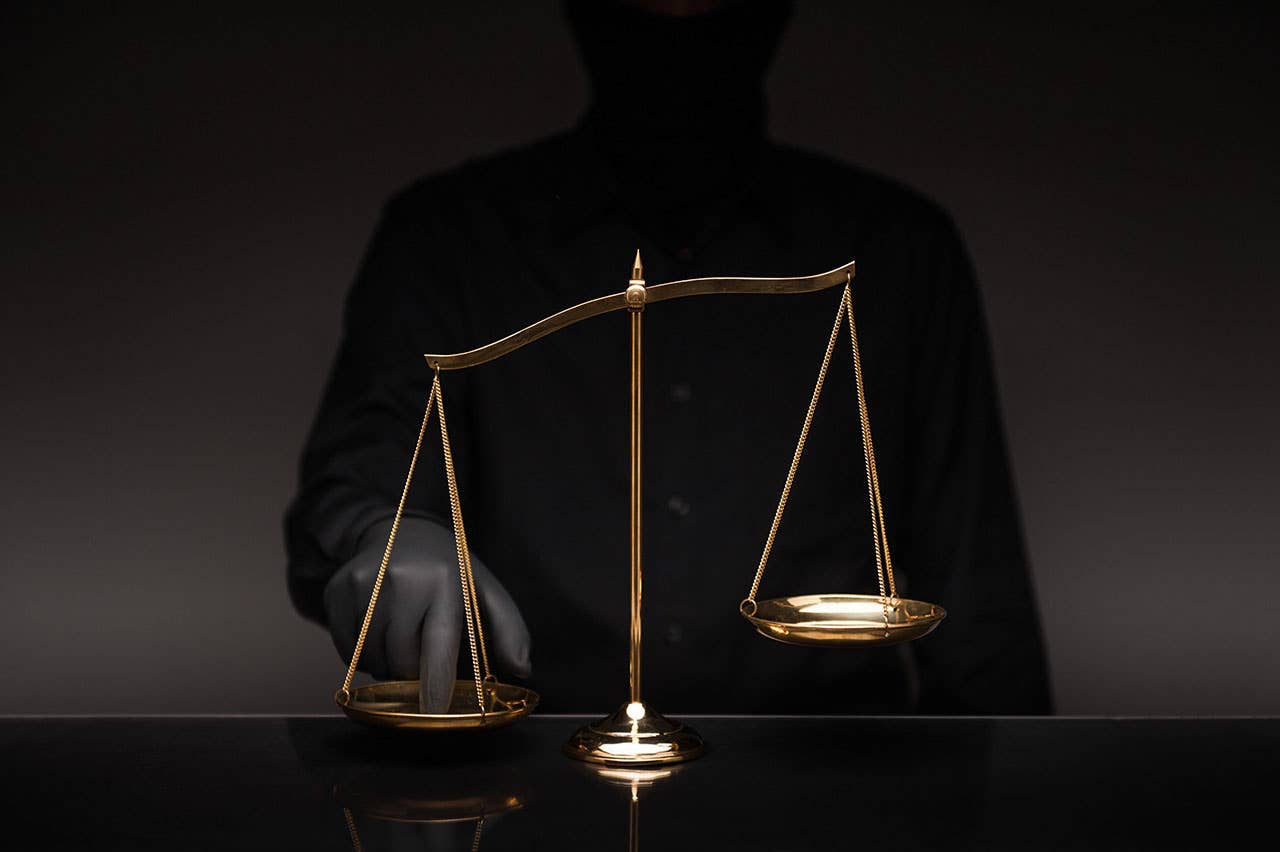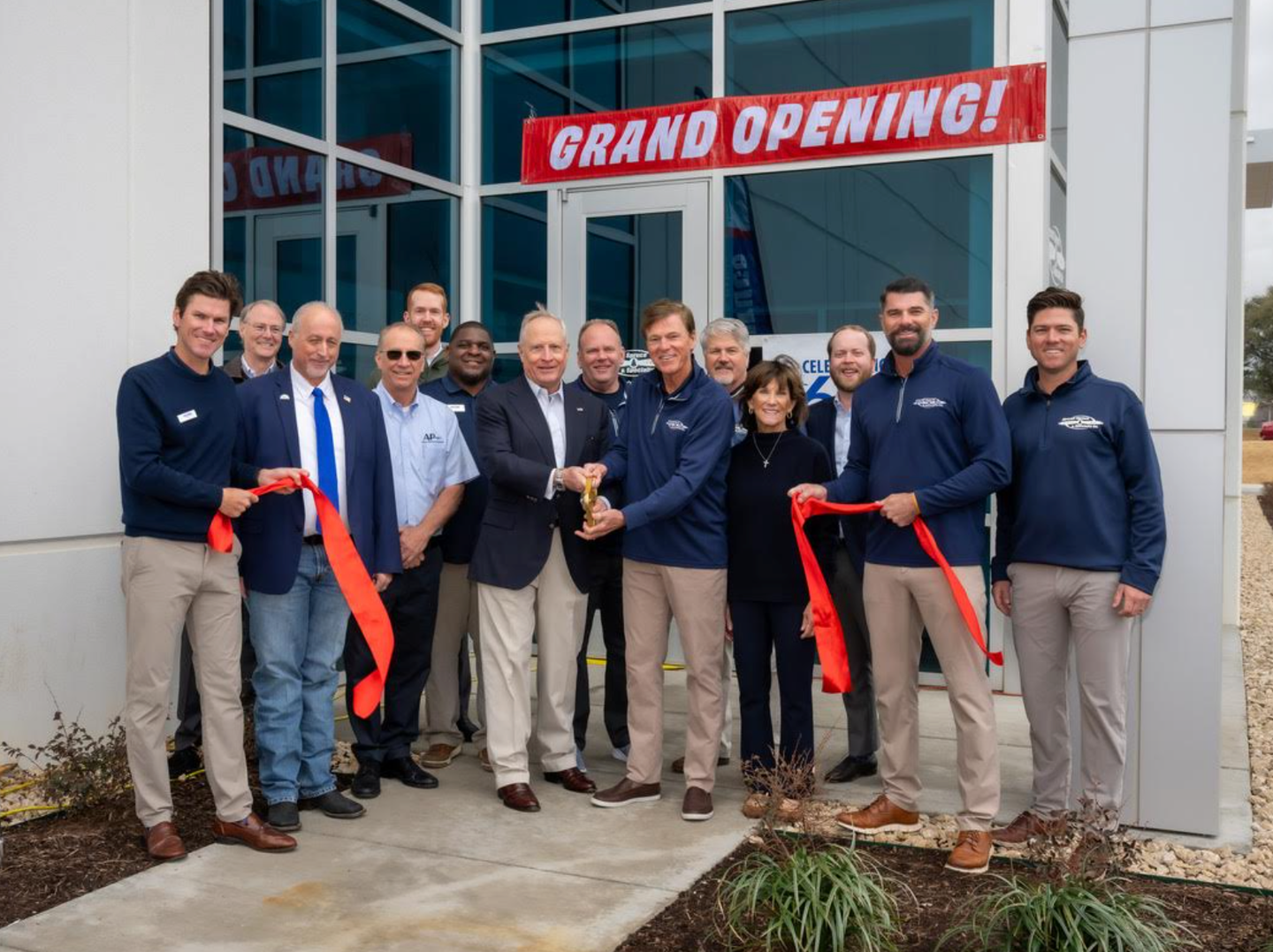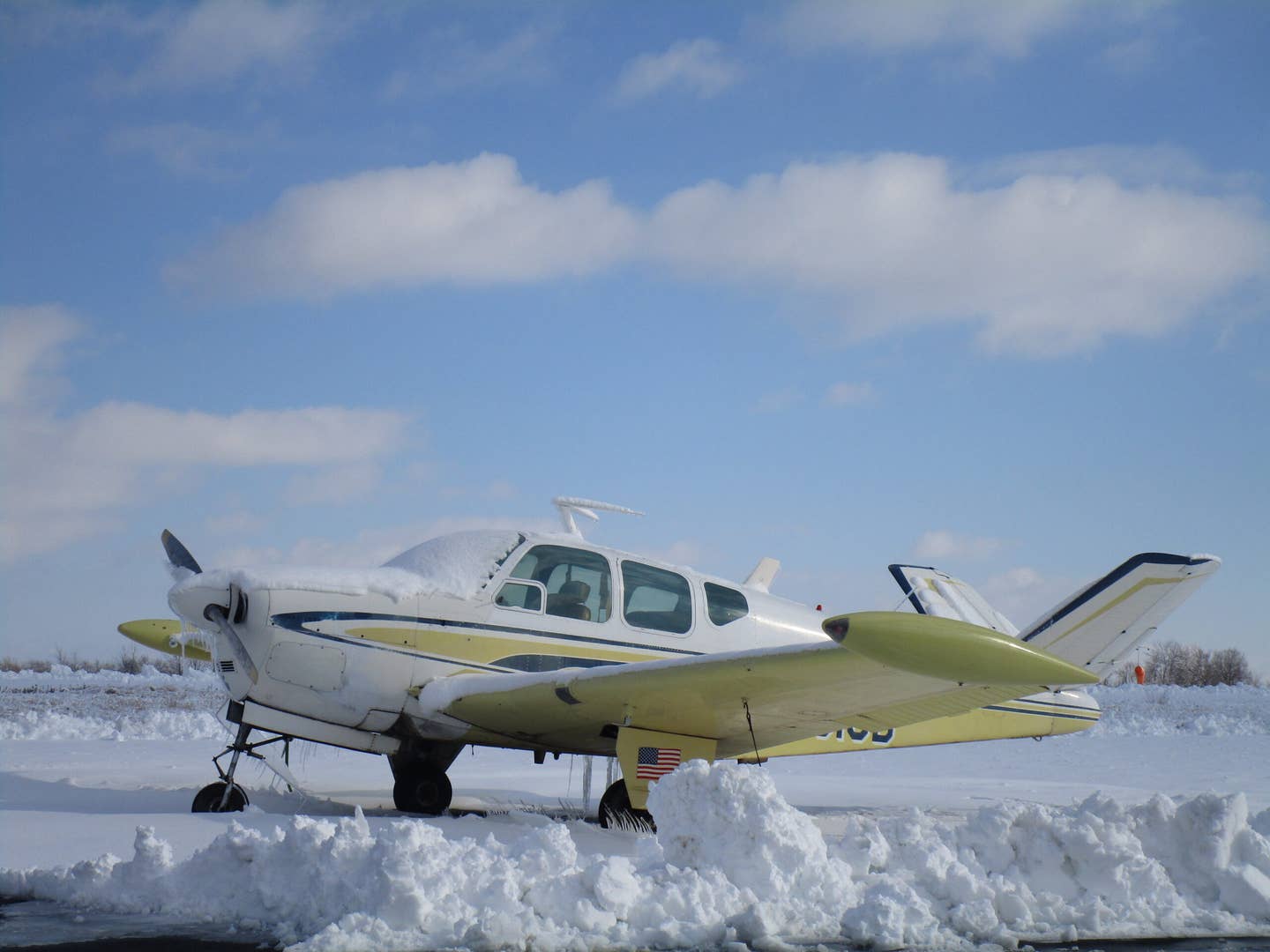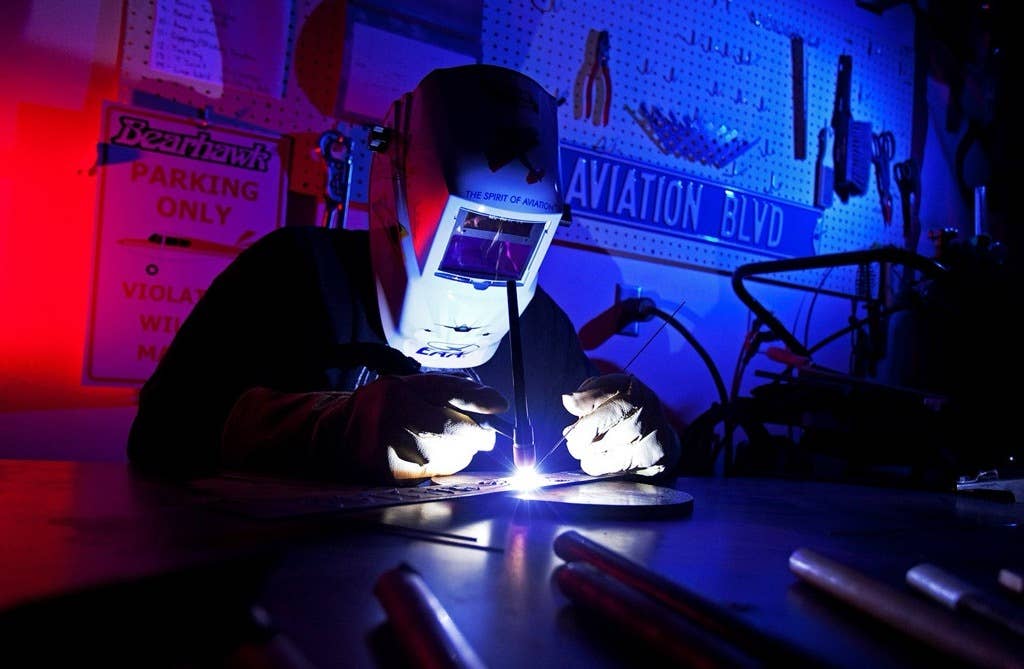Going Direct: The FAA Needs Meaningful Reform
Past legislative efforts designed to make the FAA less heavy handed have failed.

As you might have read, well-known and respected backcountry pilot Trent Palmer is getting wrung out by the FAA right now, and the details of his case---he's currently appealing a suspension of his certificate for what the FAA thinks was a buzz job---hit on several areas where the FAA has great power over pilots and wields it with impunity because it can and because there are effectively no checks on them. It's not the only area in which the FAA needs reform, think 737 Max, but at the heart of most of them is the fact that they can enforce the regs in any way they want, and the worst that can happen to them is that the case gets thrown out and they to go after another aviator. This is the kind of environment that lends itself to abuse of power, and heaven help the aviator who tries to fight an unfair accusation.
My experience with the FAA was typical, except for the outcome. It was several years ago that I was heading on an IFR flight in a Cirrus SR22 GAMI turbo plane when the engine began sounding a little rough. I might have been alarmed had I not heard the same roughness a half dozen times before in just as many different SR22s. I knew the plane wasn't going to fall out of the sky, and since I was half an hour from home, and on a replacement airplane, I chose to do a 180 and go back to the shack and swap planes. My biggest mistake was in telling ATC what was going on. I don't say this lightly, but I should have lied. I should have said that I forgot my computer and was turning around to go pick it up, or some other such horsepucky, because later that day I got a call from the FAA telling me in an authoritarian tone that they were looking into the incident.
The intent of the "investigator" from the San Antonio FSDO was clear: He wanted to intimidate me into incriminating myself---even there was no infraction to admit to and he knew it---and when I started pushing back, he raised his voice 20 decibels and informed me that this was "A FEDERAL INVESTIGATION." As it so happened, I was at a table with a couple of the best aviation defense attorneys in the world. I put the inquisitor on hold and asked them for some quick, free legal advice. It was essentially that I should tell the jerk to pound sand and to send me a letter. I hopped back on the call and politely told the FAA guy to send me a letter, and he responded with more bullying and gaslighting.
While I don't have specific information, I have reason to believe that the investigation was ended as soon only when a friend mentioned to the investigator that I was a good pilot and okay in general. In other words, he did me a favor and got the FEDERAL INVESTIGATION stopped. Had I not had that friend, or had I not been a prominent aviation journalist, my experience surely would have been more protracted and way more expensive. Why? Was it because the investigator really thought there had been a safety infraction? Hardly. It was because it was my turn to get bullied.
It could have gone down differently. In many cases, the FAA initiates enforcement and essentially forces the accused pilot to get legal representation, which is both necessary and expensive. And the charges are often inflated at first, a common trick among prosecutors to force the accused to accept a deal with a lesser penalty. In Palmer's case, the original suspension was for seven months, a penalty that was later reduced to two months. Why the change? Was it because the administrative judge found the original suspension too severe? Hardly. It was because that's how the game is played, and even though the judge arbitrating the case was with the NTSB and not the FAA, the two organizations have been perfecting their dance for decades, and the Pilot's Bill of Rights that passed Congress more than a decade ago that gave that review to an "impartial" body, the NTSB, was really just reshuffling a rigged process.
Palmer in his YouTube video also points out that the evidence presented to him, a video of a display showing part of a view of the fly-by he did, doesn't meet even basic legal safeguards for allowing evidence. When the FAA is going after you, that doesn't matter. The accused pilot has no right to challenge the evidence, however weak or prejudicial it might be.
As you might also know, another of our columnists, Ken Wittekiend, an experienced, respected and accomplished CFI and designated examiner, got his DPE privilege yanked on the thinnest of pretenses, specifically because he had been in a video meeting---he never uttered a word---in which others talked about waterskiing in an airplane, which is the act of skidding the tires of the plane along the smooth surface of a body of water. It's controversial, for sure, but a gray area, legally speaking. There was, for the record, an FAA FSDO employee on the same call. The FSDO said that Ken should have spoken up to condemn such practices (apparently the FAA employee was exempt from such expectations) and Ken lost his job as a DPE. I've been told that the real reason behind Wittekind's dismissal was that the FAA wanted to give the position to another person, someone who was retiring from the FSDO and who was, you guessed it, the same person who went after me ten years earlier.
When I called the FAA to get comment on a story I was writing about Wittekiend's termination, the media person laughed out loud at my query, the message being clear (to me anyway) that the FAA can do whatever it wants in such cases, so there was no story there. I failed to find the humor and still do.
These kinds of behavior---bullying, protectionism, retaliation, cronyism, lack of due process, lack of meaningful review and an absence of accountability---are all hallmarks of corrupt systems. And we pilots are the ones who pay the price.
This is not to say that the FAA doesn't do good work, that its efforts aren't necessary to the safe conduct of the National Airspace System. They are a critical component. And by enacting a fair system of enforcement, the organization, the airspace system and the world as a whole would be safer and better.

Subscribe to Our Newsletter
Get the latest Plane & Pilot Magazine stories delivered directly to your inbox






